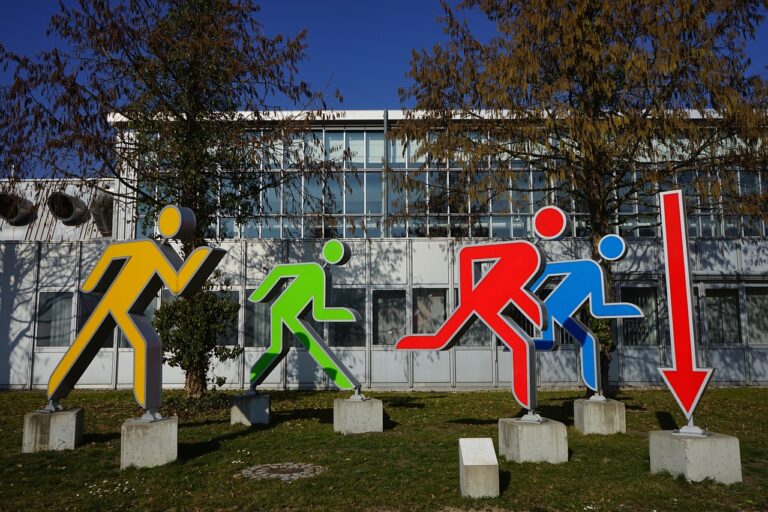Health Benefits of Urban Green Spaces: Exploring the Connection Between Nature and Wellbeing
Urban green spaces have been found to have a profound impact on mental health. Research shows that spending time in nature within the city can help reduce symptoms of anxiety and depression. The presence of greenery in urban areas has been linked to lower levels of stress and improved overall well-being among residents.
Furthermore, access to urban green spaces has been associated with enhanced cognitive function and better emotional regulation. Simply being in close proximity to parks or gardens can have a positive effect on mood and mental clarity. Studies have also indicated that engaging in physical activities within these green spaces can boost self-esteem and alleviate symptoms of mental health disorders.
The Role of Urban Green Spaces in Stress Reduction
Access to urban green spaces has been found to have a profound impact on stress reduction. Research indicates that spending time in green environments can significantly lower cortisol levels, which is a hormone associated with stress. The presence of nature in urban settings can provide a calming effect and create a sense of relaxation, contributing to overall well-being.
Studies have shown that simply observing green spaces, such as parks or gardens, can evoke feelings of tranquility and reduce feelings of anxiety or tension. The natural elements present in these environments, such as trees, grass, and flowers, have been linked to improved emotional state and mental health. By incorporating more green spaces into urban landscapes, cities have the potential to positively influence the stress levels of their residents.
Physical Health Benefits of Access to Urban Green Spaces
Access to urban green spaces has been linked to various physical health benefits. Being in nature, even within a city environment, can contribute to lower levels of stress and improved overall well-being. Spending time in green areas has been associated with reduced blood pressure, lower levels of inflammation, and a boost in immune system functioning.
Moreover, studies have shown that individuals who have regular exposure to urban green spaces are more likely to engage in physical activities such as walking, jogging, or cycling. This increased physical activity can lead to better cardiovascular health, improved muscle strength, and a lower risk of chronic diseases such as obesity, diabetes, and heart disease. By providing opportunities for exercise and relaxation, urban green spaces play a crucial role in promoting the physical well-being of city dwellers.
Access to urban green spaces has been linked to lower levels of stress and improved overall well-being
Spending time in green areas is associated with reduced blood pressure, lower inflammation, and a boost in immune system functioning
Regular exposure to urban green spaces increases the likelihood of engaging in physical activities like walking, jogging, or cycling
Increased physical activity can lead to better cardiovascular health, improved muscle strength, and a lower risk of chronic diseases such as obesity, diabetes, and heart disease
Urban green spaces provide opportunities for exercise and relaxation, promoting the physical well-being of city dwellers.
How do urban green spaces impact mental health?
Urban green spaces have been shown to reduce symptoms of anxiety, depression, and overall stress levels. Being in a natural environment can help improve mood and increase feelings of well-being.
How do urban green spaces contribute to stress reduction?
Access to urban green spaces can provide a calming and peaceful environment that allows individuals to relax and unwind. Spending time in nature has been linked to lower levels of cortisol, the stress hormone.
What physical health benefits come from access to urban green spaces?
Regularly spending time in urban green spaces can lead to improved physical health, including lower blood pressure, reduced risk of cardiovascular disease, and increased physical activity levels. Green spaces also promote overall well-being by encouraging outdoor exercise and healthy habits.







